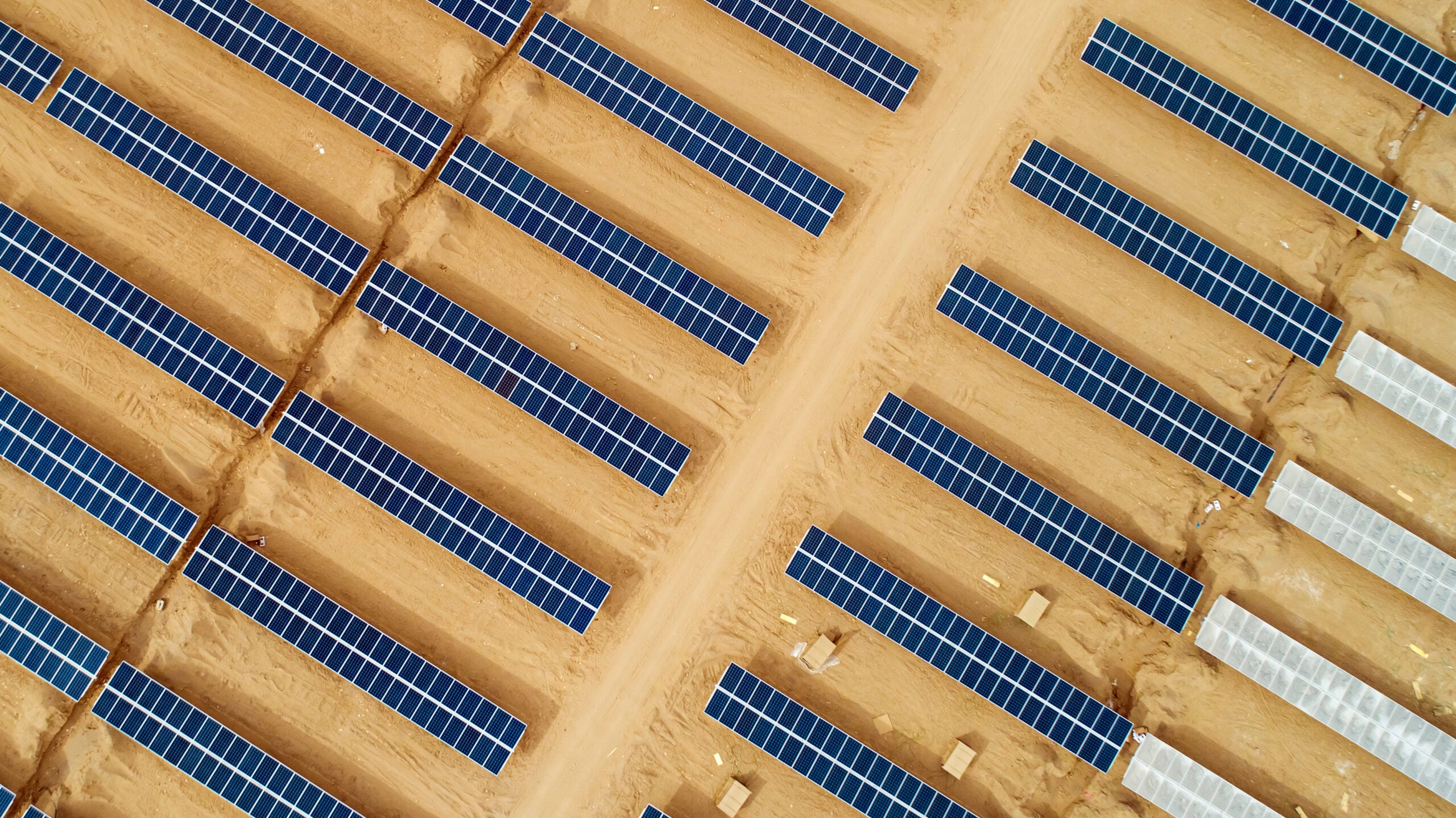GlobalData’s latest report, ‘Brazil Power Market Outlook to 2030, Update 2021 – Market Trends, Regulations, and Competitive Landscape’ discusses the power market structure of Brazil and provides historical and forecast numbers for capacity, generation and consumption up to 2030. Detailed analysis of the country’s power market regulatory structure, competitive landscape and a list of major power plants are provided. The report also gives a snapshot of the power sector in the country on broad parameters of macroeconomics, supply security, generation infrastructure, transmission and distribution infrastructure, electricity import and export scenario, degree of competition, regulatory scenario, and future potential. An analysis of the deals in the country’s power sector is also included in the report.
Hydropower will continue to dominate electricity generation in Brazil until 2030. Hydropower generation is expected to account for 58.0% share in total annual generation in 2030. Hydropower generation is expected to increase from 374.1 TWh in 2020 to 414.1 TWh in 2030. Brazil has several large rivers, elevation changes and high levels of precipitation, which makes the country an ideal location for hydropower.
How well do you really know your competitors?
Access the most comprehensive Company Profiles on the market, powered by GlobalData. Save hours of research. Gain competitive edge.

Thank you!
Your download email will arrive shortly
Not ready to buy yet? Download a free sample
We are confident about the unique quality of our Company Profiles. However, we want you to make the most beneficial decision for your business, so we offer a free sample that you can download by submitting the below form
By GlobalData
Brazil generates power from a diverse range of sources which include thermal sources (gas, oil and coal), hydropower, nuclear and renewable. Hydropower accounts for the majority of the country’s annual power generation and accounted for a share of 63.4% in 2020. Thermal power is not used for base-load generation due to the high price of natural gas. Although Brazil possesses substantial gas and oil reserves, these resources are mostly exported and not used for electricity generation, as hydropower helps to keep electricity tariffs low. Brazil has conventional hydropower plants as well as pumped-storage plants, which help to generate electricity during times of peak demand on a short-term basis. Hydropower is a mature technology and scope for future growth is limited. Future capacity additions will therefore be limited to small hydropower projects, which will have less impact on the environment and be more economical to build.
Although hydropower generation is witnessing growth in the country, it is vulnerable to the recurring droughts. Major droughts occurred from 2014 to 2017, leading to significant drop in hydropower generation. The country is currently facing another severe drought, which is expected to impact hydropower generation in 2021. Continuous droughts have pushed the country towards the development of the renewable sector. The government has launched several policies such as National Energy Plan 2030, Ten-Year Energy Plan 2029, and renewable energy auctions to promote renewable sources. Within renewables, onshore wind and solar photovoltaic (PV) are the major focus areas for the Brazilian Government. Development of renewable sector will reduce the country’s dependence on hydropower as well as help in reducing electricity imports.
Brazil was one of the worst-hit countries in the world due to the COVID-19 pandemic in 2020. To curb the spread of COVID-19, the Brazilian Government imposed strict travel and movement restrictions in the country. Due to the strict movement restrictions, industries and commercial establishments in some cities in the country were temporarily shut down in 2020. This resulted in a significant decline in electricity demand. In 2020, electricity consumption declined by 1.4% as compared to 2019. In April 2020, ANEEL (Brazilian Electricity Regulatory Authority) approved the transfer of $400m to guarantee liquidity to electricity sector companies during the COVID-19 pandemic. The funding was provided from a reserve account made up of charges imposed on the electricity bills. In March 2020, the Ministry of Mines and Energy indefinitely postponed the 2020 renewable energy auctions due to the COVID-19 pandemic. The auctions were subsequently cancelled in December 2020. The government also postponed all the transmission line auctions. In January 2021, Brazil’s Ministry of Mines and Energy published guidelines for the next two energy auctions, A-5 and A-6, to be held on September 30, 2021.







Related Company Profiles
Ministry of Mines and Energy